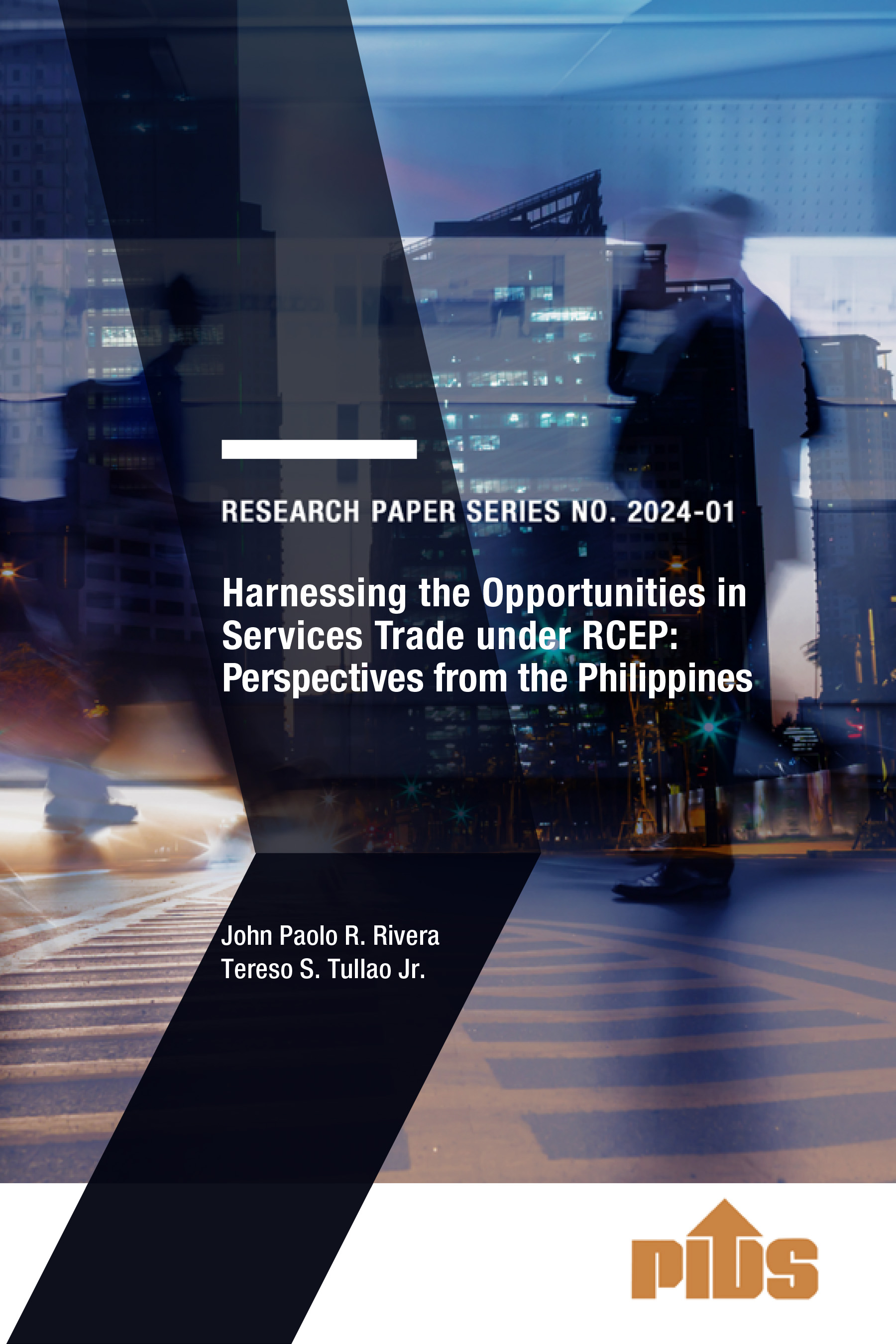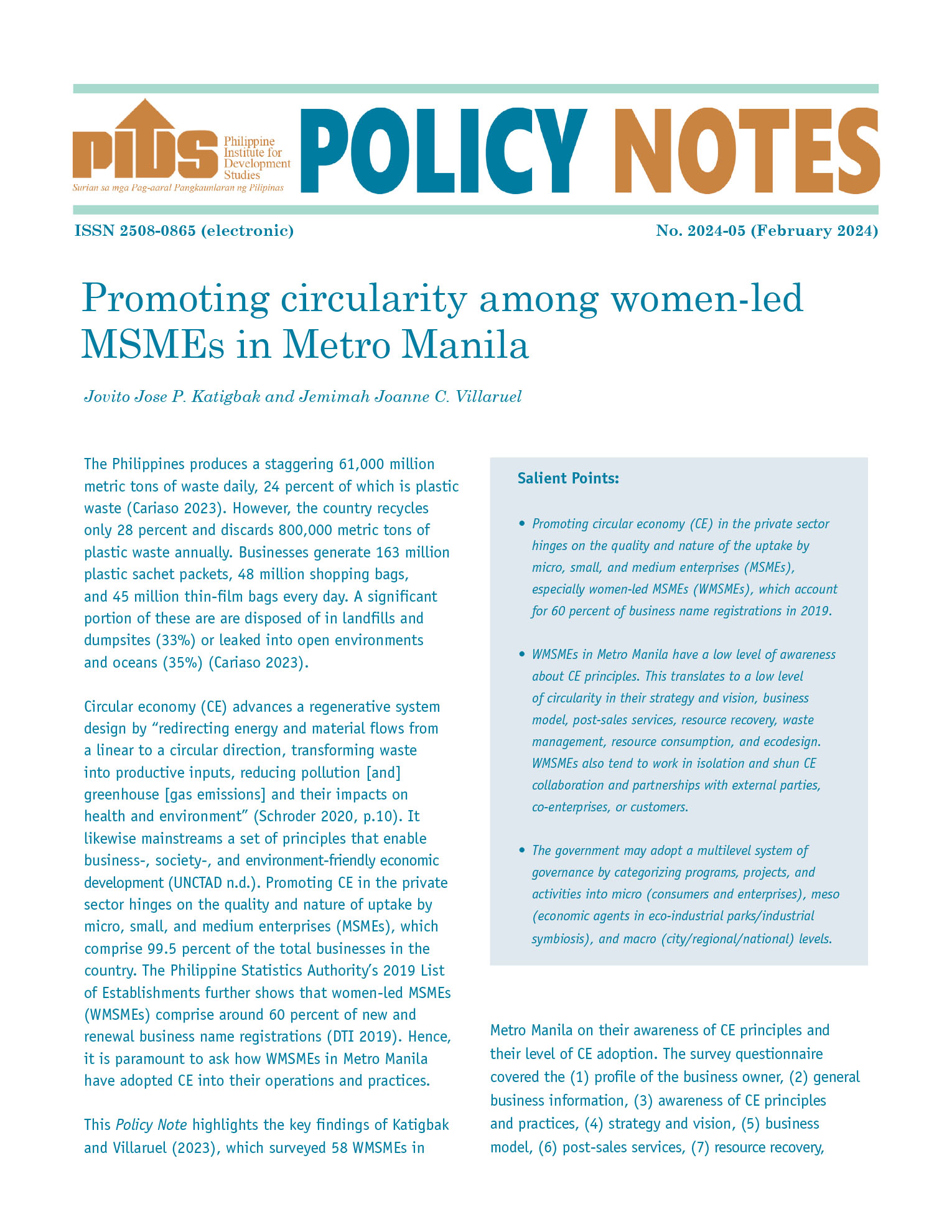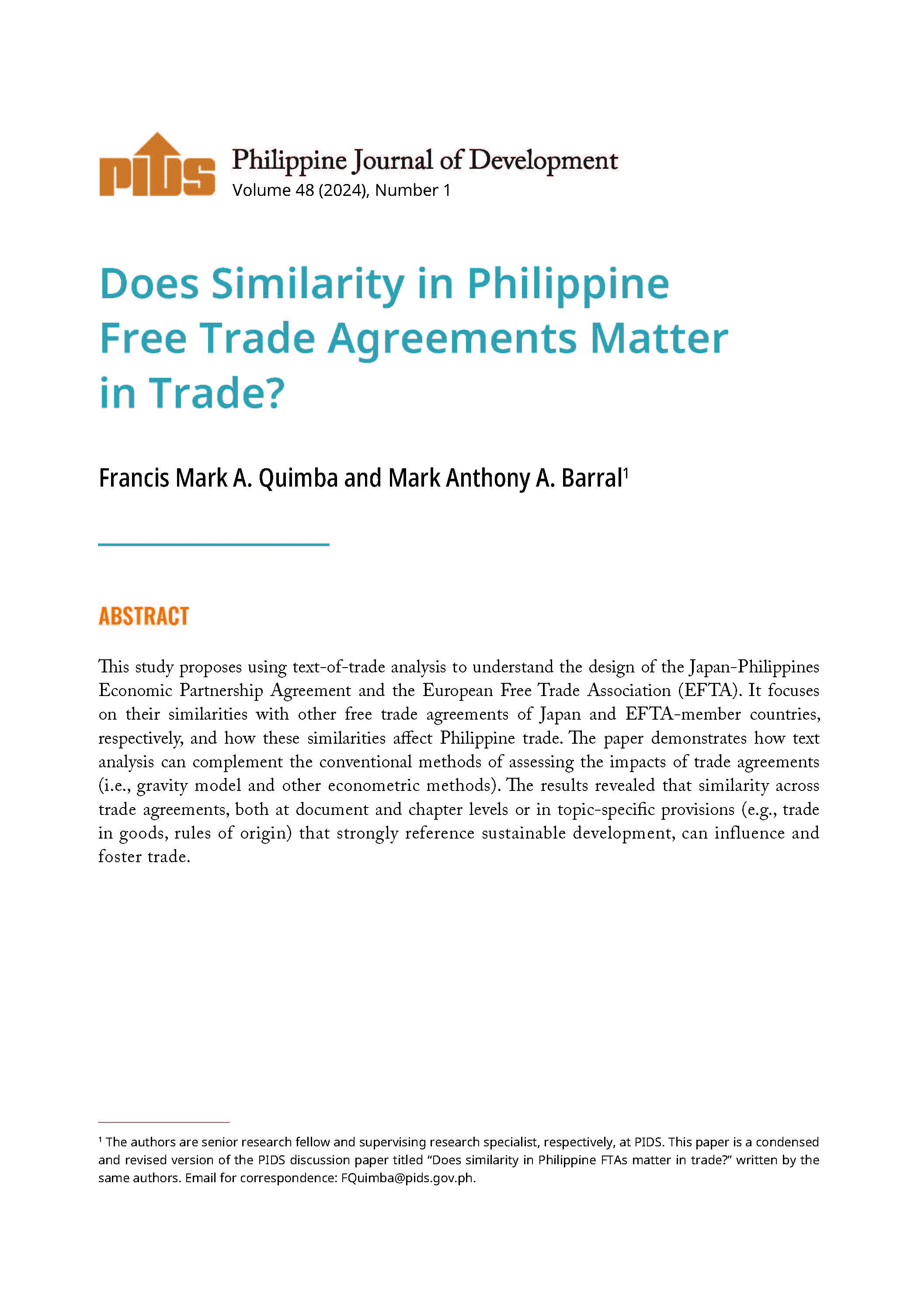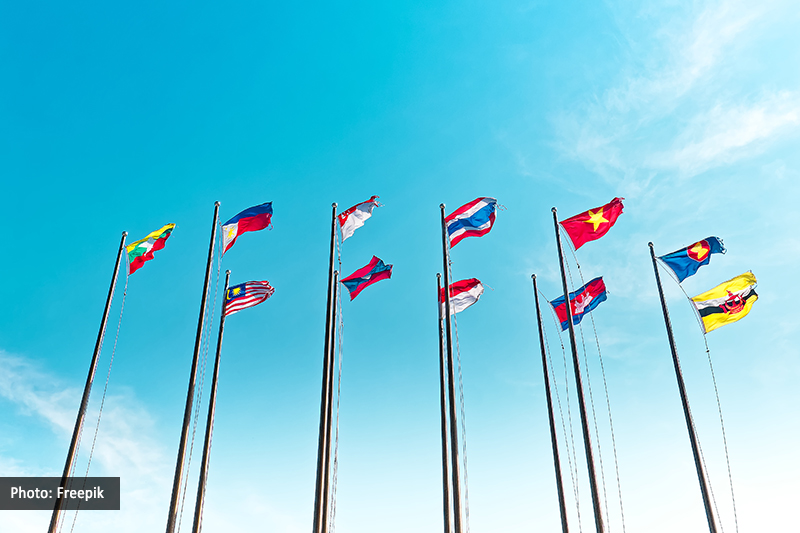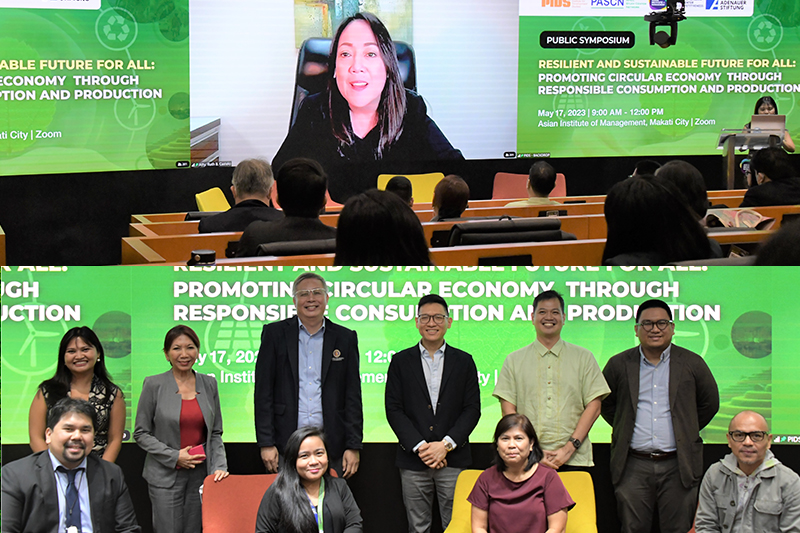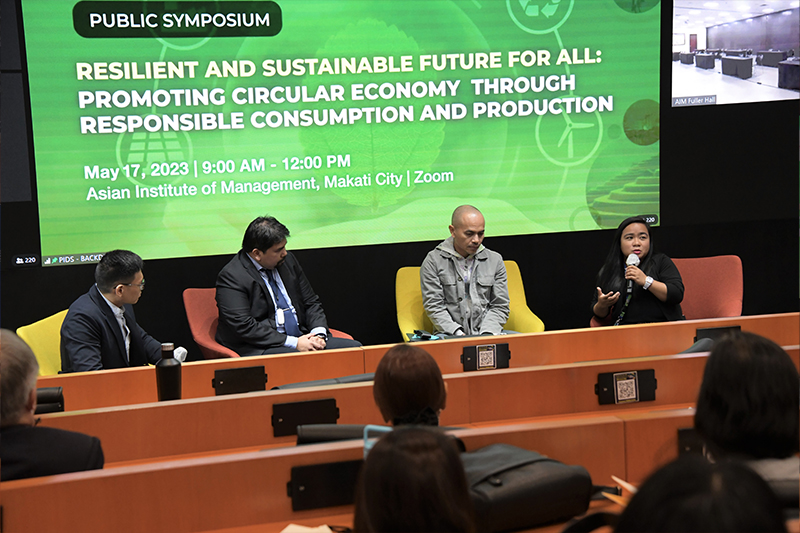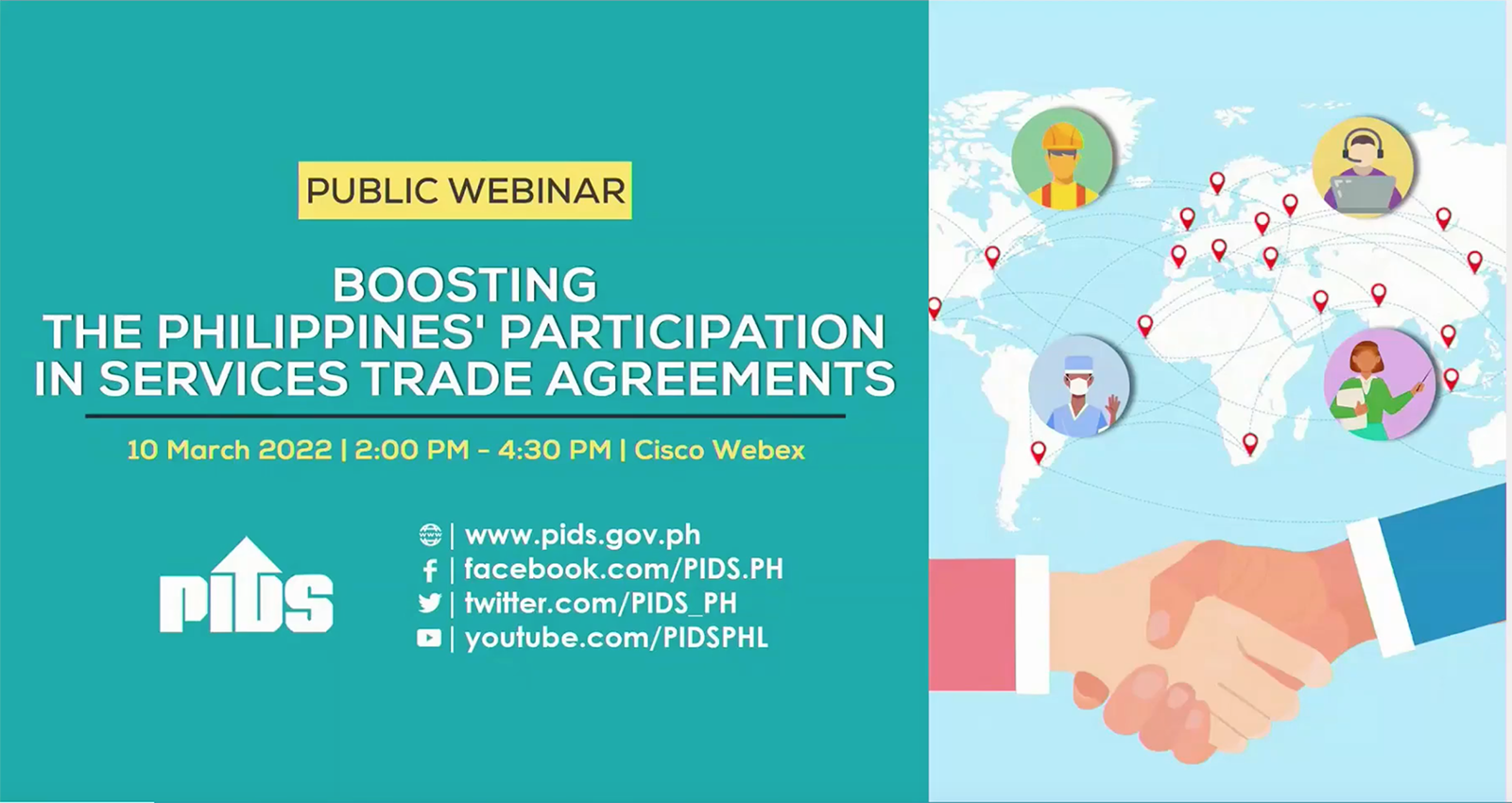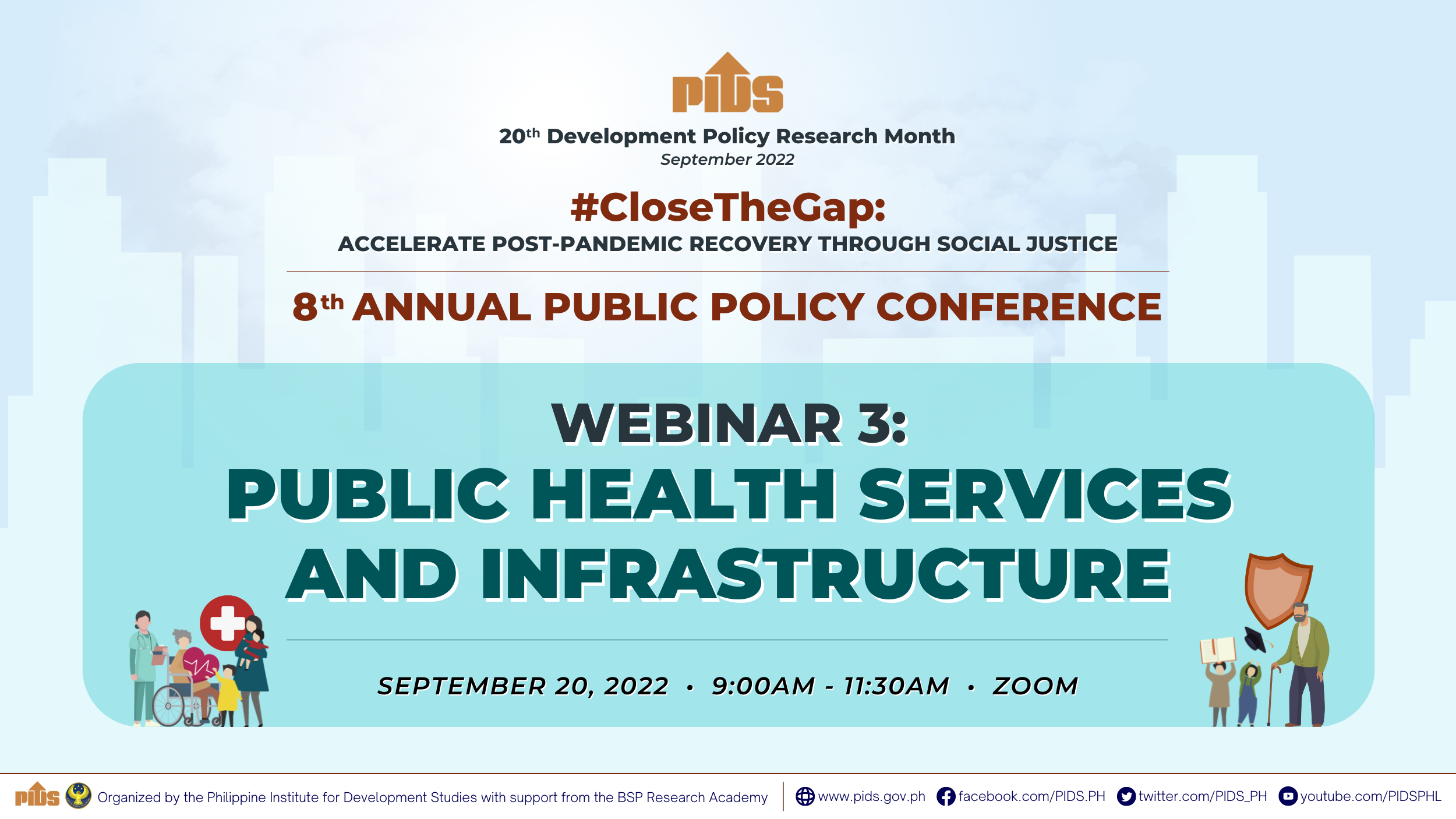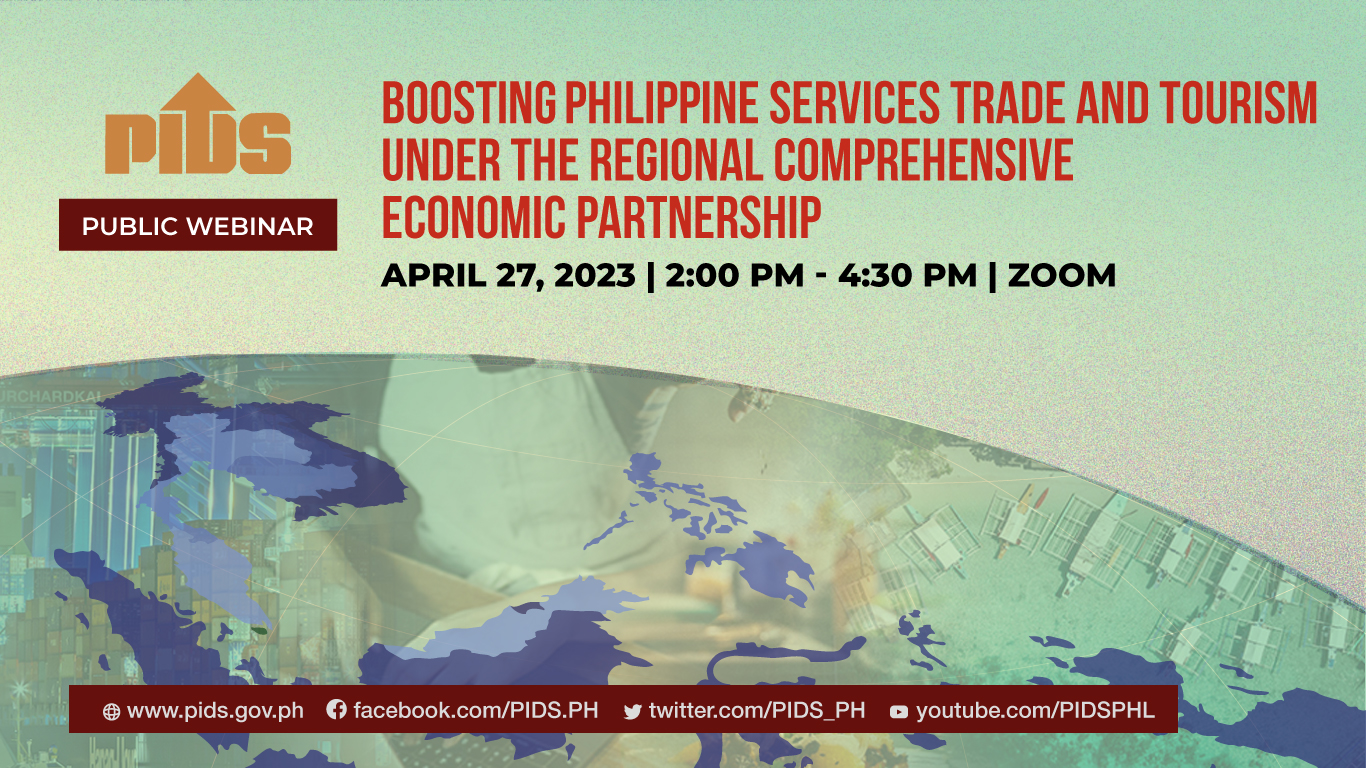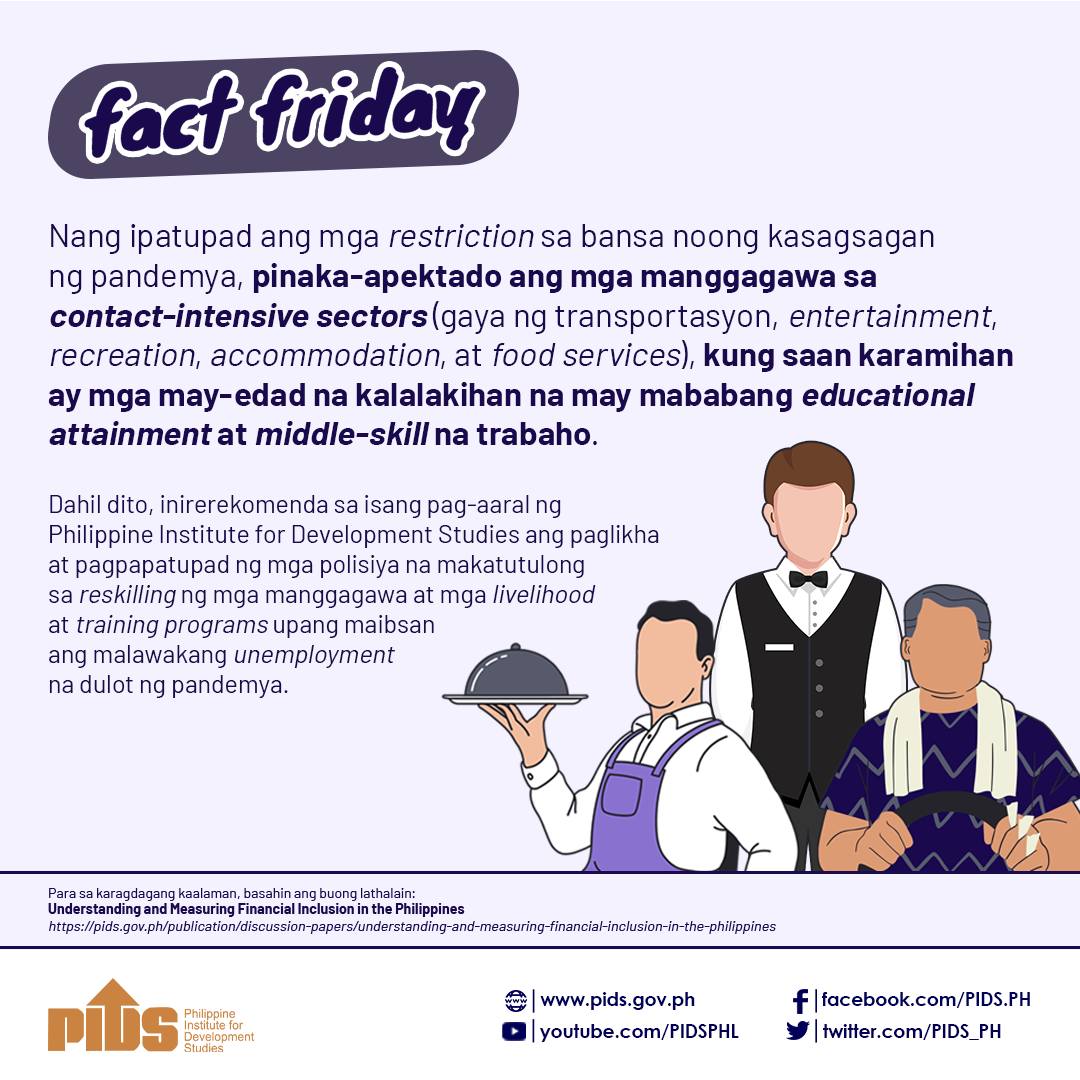THE Philippines should enhance its strengths in business and professional services to take advantage of the opportunities in trade in services brought about by the Regional Comprehensive Economic Partnership (RCEP), according to a recent research by the Philippine Institute for Development Studies (PIDS).
The study, "Opportunities for the Philippines under RCEP: Trade in Services," looks into how the RCEP might enhance the contributions of trade in services to the Philippine economy through commitments made and restrictions imposed.
In terms of coverage and degree of liberalization, it identified RCEP as an alternate avenue for regional trade liberalization and a challenger to the Trans-Pacific Partnership. The paper said the RCEP would open up new trade and investment opportunities.
"As a result, the enhanced partnership can contribute to human resource and infrastructure development — which are key to the economic growth and development of the Philippines," the paper added.
It said the Philippines has strengths in business and professional services that can be used to take advantage of the RCEP's prospects for trade in services.
"We can see that the Philippines possesses strengths in terms of competitiveness, language proficiency, cultural adaptability, human capital, and government participation," the report added.
These strengths, it underscored, can be further developed with government and institutional support. In the context of a highly competitive Association of Southeast Asian Nations region, development programs aimed at improving education and language, for example, are important.
However, the research found that the Philippines' services industry has internal and intrinsic vulnerabilities that deter foreign investors from entering the country. Because of these flaws, the Philippines has set restrictions on market access and national treatment of other RCEP members.
"We can see that the Philippines needs to address issues concerning scalability, education and training, demography, country branding and marketing, language and culture, mobility cost, and legal aspect," it went on to say.
The study added these flaws can be addressed through developmental policies aimed at improving education and training in both hard and soft skills, improving the country's image by focusing on value-added contributions that can be offered to the global market, and continuously negotiating with regional partner economies to harmonize service standards.
The paper was authored by John Paolo Rivera, adjunct faculty at Asian Institute of Management and associate director at AIM-Dr. Andrew L. Tan Center for Tourism, as well as by Tereso Tullao Jr., professor emeritus at De La Salle University School of Economics and director at DLSU Angelo King Institute for Economic and Business Studies.

